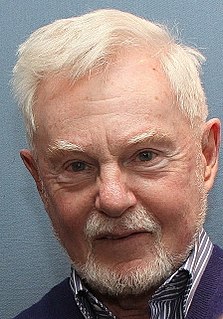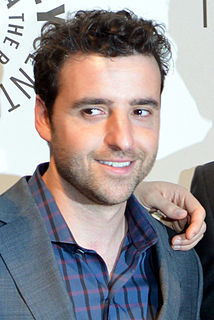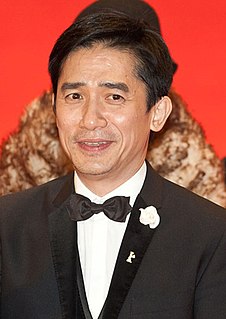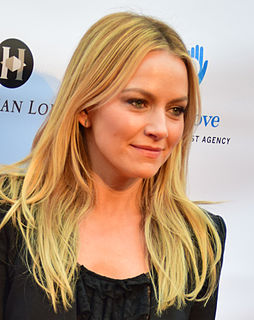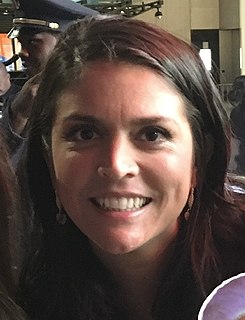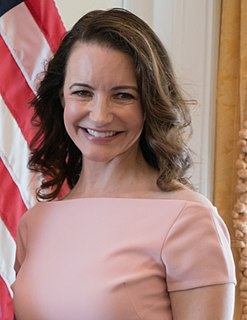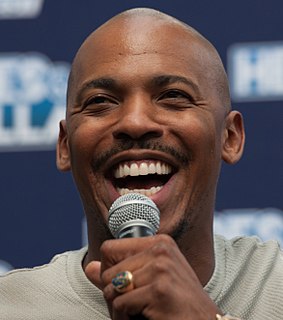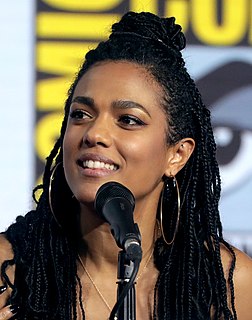A Quote by Derek Jacobi
I think my parents were happy that I'd gone to university and gotten a degree in history so they thought, 'Well if acting doesn't work for him, he can always become a history teacher or something.' Fortunately, the acting worked out.
Related Quotes
History is basically really looking back and finding out what happened to an individual, a community, a family, a group in a certain event. And so that's why I go, "Wow. That's what acting really is. You find out the background, you get the joy of creating a fictional history of a fictional character and you get to tell a story." So I felt that acting is making history come alive and it became my mode of trying to figure out what this craft of acting is really all about.
I always wanted to read. I always thought I was going to be a historian. I would go to school and study history and then end up in law school, once, I ran out of loot trying to be a history high school teacher. But my dream was always to place myself in a situation where I was always surrounded by books.
I've been acting since I was ten years old. I had two lines in Snow White and the Seven Dwarves at the community theater I was very focused and I loved it. My parents believed in the arts and being well rounded. So I played piano and violin, I danced and acted. They never thought I would go into acting though. They just wanted a well-rounded child and it was a bit of a shock to my dad when I said "I want to go to acting school" because he is a psychology professor and was thinking of something more academic.
I always thought that art that is produced somehow has to reflect the zeitgeist or the ambiance and the time and the history in which it is produced. I think it's inescapable. It's like we look back now, at work done savoring the thirties, and you can almost tell it was done during that period of time. Now maybe, that's a style of period or something, I don't know. I think my work, or the things that interest me, come out of my reaction to history.
I went to University after my A levels and did a degree in performing arts. It was only when I got there that I realized there were stage schools out there, and you had your union and your contacts and The Spotlight and this whole world of the acting industry that I had no idea about. So when I graduated, I took a year out and just thought really hard about whether it was something I knew enough about, and whether it was the career I could dedicate the rest of my wacky life to.
The acting I got into by doing what we call pantomime, when I was sixteen. And, there were loads of very pretty girls in the show. I realized; I found out very early on, that the lead comic gets the girl. So, that was cool. When I went to university, I studied Economic Social History. And drama. That kind of got me into it. My main passion was to make films. It was never to be an actor. At that time, there weren't many opportunities for a working class Scottish actor. It was kind of an English thing. And it required a certain mannered cerebral acting style that I couldn't relate to.
